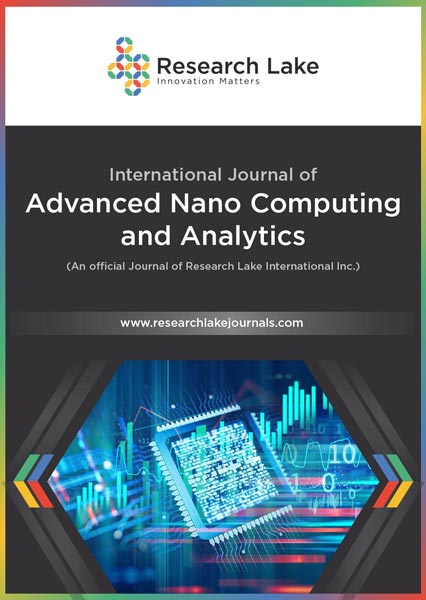Detection of Pesticides in Food by CDs Blue Luminescent Material with the Help of Fluorescence Quenching Study
Abstract
Environmental contamination has modified the approach to life of the folks in many ways all round the world. Food science suggests that the science of food which has food elements, their behaviour underneath completely different environmental conditions, method of harvest, milling, exposure to heat, cold, acid, alkalis etc. Today, the sphere of food science has progressed from basic physical, chemical and biological reactions that turn up throughout process to the fields of biotechnology, food engineering, packaging and its result on the patron. Luminescence and visual radiation phenomena have really fascinating ideas in technology. Light-weight materials have really various and distinctive properties, that are a magnet for various scientists to do and do the analysis throughout this field to implement in numerous sectors. Once the invention year in analysis of carbon dots in 2004, the study of carbon dots unreal, together with whole completely different fluorescent properties of carbon dots. It’s varied and valuable properties like water solubility, stable fluorescent property, exceptional photostability, high sensitivity with low toxicity, which can be apply in varied disciplines of research areas. This text explains the transient introduction of varied toxic materials and their effects. It explains the transient introduction and history of food science together with nutrition and digestions of food. It conjointly describes the various properties of food. The article is additionally mentioning the detection of various hazardous/poisonous materials by CDs with inherent literature survey. This text represents the transient introduction of pesticides and basic info of visible light extinction study. Through that, the venturesome material will be simply detected in varied food beverages.
Copyright (c) 2021 Pranav Dave, Gaurav Dutta

This work is licensed under a Creative Commons Attribution-NonCommercial 4.0 International License.
Copyright © by the authors; licensee Research Lake International Inc., Canada. This article is an open access article distributed under the terms and conditions of the Creative Commons Attribution Non-Commercial License (CC BY-NC) (http://creative-commons.org/licenses/by-nc/4.0/).








